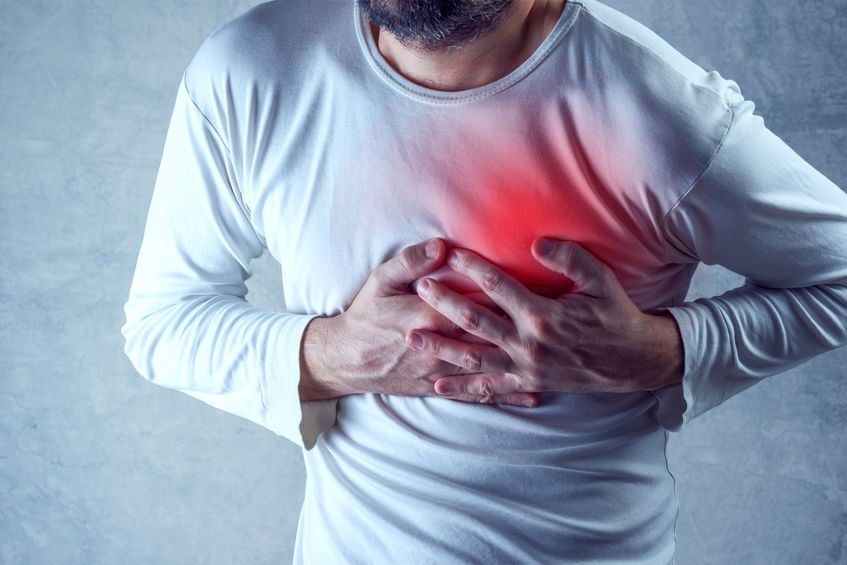With time, heart failure increasing not only in the elderly but also in a young child or person. In this article, I will highlight all the important symptoms and tell how we can avoid it and some preventive measures.
What is Congestive Heart Failure?
This is a type of heart failure that occurs when our heart does not get the blood it needs. In this condition the blood circulates to other parts of our body like lungs, legs and feet instead of the heart. This damage occurs due to pooling of blood in the right area of the heart and the heart muscle begins to contract and lead to a failure.
Difference Between Heart Attack and In Heart Failure
Heart failure is different from a heart attack. It is a slower process than a heart attack. A heart attack can lead to death and requires emergency treatment.
But in other cases of this, the patient needs time to cure the disease and can be cured or healthy with proper medicine and treatment.
Early Symptoms of Congestive Heart Failure
- Feeling low on oxygen
- Fast heartbeat
- Chest pain
- Dry cough
- Bloated stomach
- Swelling in the legs, feet or ankles
- Sensation of urination at night while sleeping
Sometimes, we feel our heart working properly or sometime we feel few symptoms. So it doesn’t mean your heart is working well. Symptoms of heart failure can start with minor symptoms and progress rapidly over time. So never take it lightly. If you feel any symptoms, don’t wait and go to your doctors and get proper treatment.
Causes Of Congestive Heart Failure
- Stress
- Increasing cholesterol
- Diabetes
- Smoking
- Overweight
- Hygiene food
- Poor diet
- Increasing fat
- High blood pressure
- Use of alcohol
- Arrhythmia
- Heart Failure Types
- Left-sided heart failure
- Systolic heart failure
- Diastolic heart failure
Stages Types of Heart Failure
Type A Stage
This type of stage means you are at a higher risk of heart failure due to many factors such as: stress, high blood pressure, diabetes, alcohol and smoking disorders, and a family history of cardio problems.
Type B Stage
At this stage, your left ventricle is structurally abnormal and not working well, but you do not experience any symptoms.
Type C Stage
At stage C, most people are diagnosed. And in these stages, most of the signs have already been established and are currently established.
Type D Stage
In stage D, patients are established with a high risk stage of heart failure and this is the last and final stage where early symptoms appear and patients do not improve with treatment.
Congestive Heart Failure Treatment
By following some necessary steps you can make your heart healthy. Follow these treatment steps:
- Medications: These include ACE inhibitors, beta blockers and diuretics because they help to decreases the heart’s work load, drop high blood pressure and reduce accumulation of fluid respectively.
- Lifestyle Changes: Low intake of salt and physical activity, weight control, and free from smoking and alcoholism can improve the heart even more.
- Fluid Monitoring: Monitoring the daily consumption of fluids, as well as weight control, assists to avoid buildup of the fluid.
- Devices: Pacemakers or ICDs can also be put in if the irregular heartbeat needs to be controlled.
- Surgical Options: In other serious cases they may open surgery like coronary artery bypass or even heart transplants may be advised.
- Regular Follow-ups: People with heart problems need to take a physical check-up after several weeks to ensure their condition is improving or if treatments require alteration.
Do not forget to check with your cardio specialist. Your doctor can only guide you best what should you do or not.
Conclusion
If you are experiencing any symptoms of heart failure and are not taking any action, then you are at fault. Don’t waste your time and save your health by taking some necessary steps. A few important precautions can make your heart healthier. Nothing is impossible, you can make it possible.



